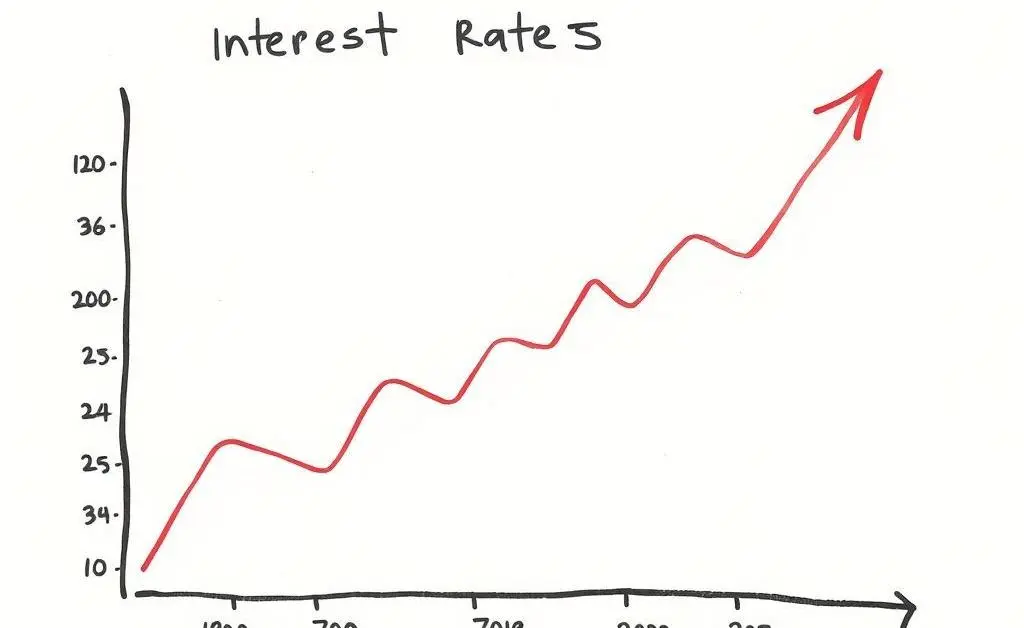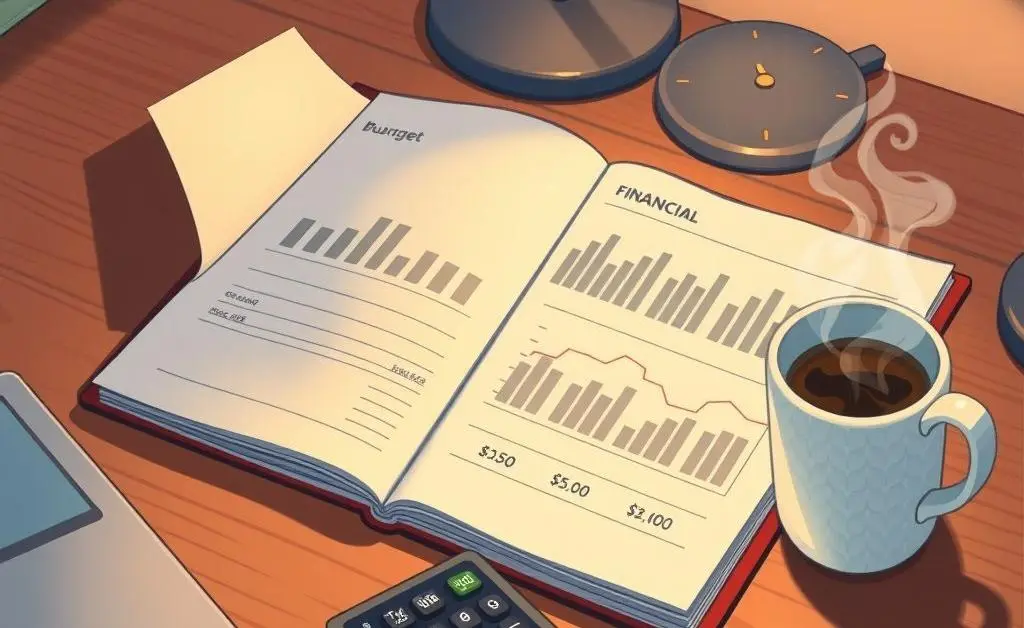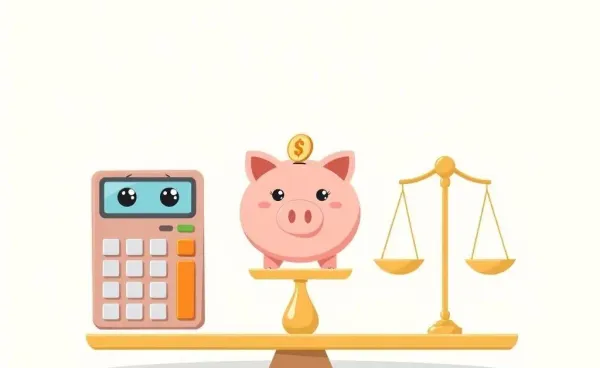Why Fed Rate Cuts Could Reshape Our Financial Landscape
Discover how Fed interest rate decisions impact your finances and everyday life.

Have you ever wondered how something as abstract as a 'rate cut' by the Federal Reserve affects your daily life? It may sound daunting, but it plays a significant role in shaping financial conditions that directly impact our households, from mortgages to purchasing power.
Understanding Fed Rate Cuts
Recent discussions around the Federal Reserve's decision to cut interest rates have sparked curiosity and concern. But what do these rate cuts really mean for you?
Simply put, when the Fed cuts rates, borrowing becomes cheaper. This tends to encourage spending and investment, boosting the economy. But it also means that if you're relying on savings interest, you'd likely earn less.
- Lower rates make mortgages and loans cheaper.
- Savers might earn less on their deposits.
- Investment conditions might become more favorable.

The Personal Finance Impact
Imagine you're planning to buy a home. With lower interest rates, your dream home could be a bit more affordable due to lower mortgage rates. Conversely, those monthly savings you've been trying to grow? They might not accumulate quite as quickly if interest payouts drop.
Here's a relatable story: Sarah always envisioned herself affording a cozy little house near her parents. When the news hit about rates dropping again, she gave her mortgage broker a call and was informed she could save substantially on interest, moving her dream timeline up by years.

Finding Balance in A Changing Economy
Although rate changes can bring anxiety, there’s also opportunity. It's a chance to refine your personal financial strategy, like revisiting that budget planner with fresh eyes.
One way to think about it is to balance aggression with caution. Diversify your investments, don't put all your eggs in one basket, and ensure you have a healthy savings emergency fund ready for unforeseen circumstances.

Whenever the financial landscape shifts, it's worth discussing your plans with family or a financial advisor. Their insights can provide valuable perspective.
Where to From Here?
While navigating these changes, remember it's more about adjusting to the flow than making radical shifts overnight. Federal Reserve rate decisions may send ripples through the economy, but with patience and strategic adjustments, you can sail smoothly through these waters.
What will your strategy be in responding to these economic shifts? Let’s chat in the comments, I’d love to hear your thoughts!




